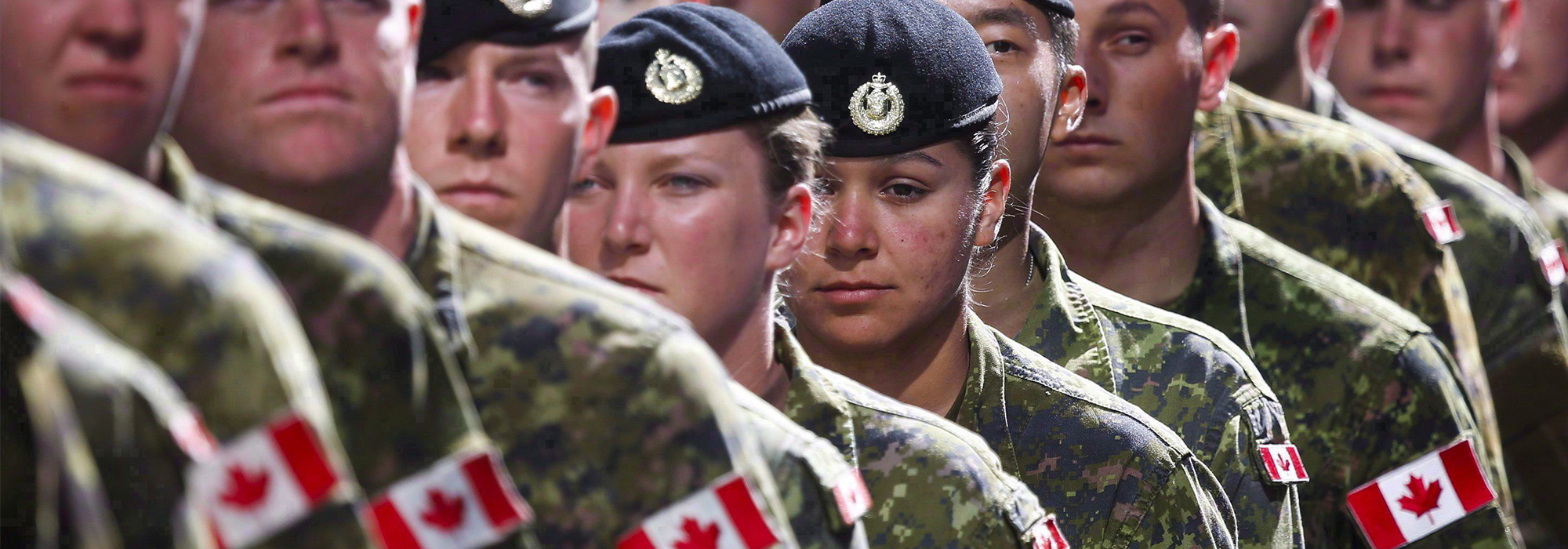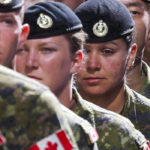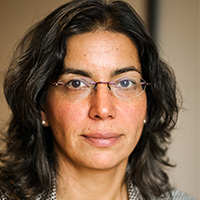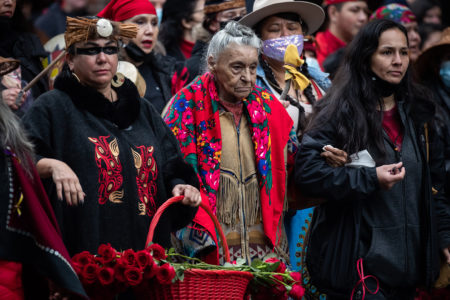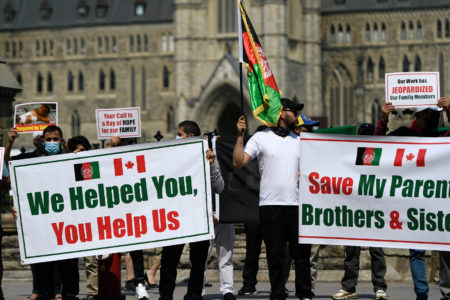
In 2018, the federal government controversially argued that it did not owe a “private law duty of care” to provide a safe, harassment-free work environment, or policies against sexual harassment or assault, for individual members of the Canadian Armed Forces (CAF). Basically, it argued it had no responsibility under negligence law, nor duty to compensate individual victims. Yet only a year later, the Federal Court approved a $900 million class action settlement for victims in military sexual assault and harassment cases. So, does this mean the courts alone are the only way to hold the military accountable for sexual violence? We think not, but as we demonstrate, the military acting on its own won’t change matters. It’s time for high-level action.
The issue of sexual violence in the military has continued for too long. First brought to public attention by media reports in the late 1990s and again in 2014, sexual violence continues to have a detrimental effect on the lives of serving members of the armed forces. Both CAF and Veterans Affairs Canada, lacking real accountability and dedicated resources, have not seen any need to create initiatives beyond crisis and image management, skimming a few ideas from reviews and reports, initiating pilot projects and overseeing endless planning.
Accountability is possible – but it requires external oversight, evidence-based research to track progress, and responsiveness to the needs of sexual assault survivors. Indeed, women in the Canadian military experience sexual assault at higher rates than military men, Statistics Canada reported in 2016, adding that both women and men in the military experience higher rates of sexual assault than civilians. In Canada, close to one in three women are sexually assaulted during their military career, compared to four percent of men.
In March 2015, former Supreme Court of Canada Justice Marie Deschamps released her External Review into Sexual Misconduct and Sexual Harassment in the Canadian Armed Forces. It documented a sexualized culture that is hostile towards female and LGBTQ members of Canada’s armed forces. Deschamps found an “environment characterized by the frequent use of sexualized language, sexual jokes, innuendos, discriminatory comments with respect to the abilities of female members of the military, and … sexual touching.” This prevailing sexualized culture, she argued, increases the risk of “more serious incidents of sexual harassment and sexual assault.”
The military responded with Operation HONOUR, a top-down, internally driven approach aimed at eliminating sexual misconduct and gaining buy-in from military members by emphasizing the negative impact of sexual violence on operational effectiveness, specifically on unit cohesion and morale. A report by Canada’s Auditor General on Operation HONOUR three years later, and a follow-up survey by Statistics Canada, showed a lack of significant progress on sexual violence prevention.
Waiting for the military to change itself means continued failure. But policy-makers have other options available.
Second, progress on sexual violence prevention demands evidence-based research to measure the effectiveness of initiatives related to Operation HONOUR. Yet, that was lacking. The Operation’s response team “did not have good-quality information to support the progress reports that senior management used to understand and make decisions about Operation HONOUR,” the Auditor General found.
Similarly, a Senate Committee report recommended that the Department of National Defence and CAF “improve the collection and dissemination of data on harmful and inappropriate sexual behaviour within their organization, including how visible minorities, lesbian, gay, bisexual, transgender, queer and two-spirit (LGBTQ2) members and other designated groups are affected.”
It is essential that research focus on outcomes rather than outputs, as is currently the case. An increase in the number of reports of sexual misconduct, or an increase in the number of bystander training sessions, should not be presented as signs of progress per se. Bystander training is worth nothing if bystanders who report sexual misconduct face reprisals, as a recently publicized case showed. Instead, measuring outcomes rather than outputs would give Canadians a better indication of whether the military’s sexual violence prevention measures are working.
We recommend that the prime minister convene a group of experts to advise on the creation of an independent external monitoring body to oversee Operation HONOUR and the Sexual Misconduct Response Center. This independent body should conduct research into the outcomes of current sexual violence prevention strategies in order to measure the effectiveness of Operation HONOUR.
Military members are not unionized. They do not have formal representation or support. Instead, individual victims are left to shed light on the issue of military sexual violence by going through painful complaint processes
Finally, the true measure of accountability is in how policy responds to the needs of survivors of sexual assault. Too often, their voices have been left out of policy decisions. Bill C-77 concerning military victims’ rights, was passed last year by Parliament without consulting victims of military sexual assault. These survivors do not have anyone to speak on their behalf. Military members are not unionized. They do not have formal representation or support. Instead, individual victims are left to shed light on the issue of military sexual violence by going through painful complaint processes, and when this fails, to speak publicly or even launch class-action lawsuits. It is incumbent on Parliament to consult directly with survivors of military sexual assault if it wants to hold the military accountable.
True external oversight, evidence-based research on outcomes, and responsiveness to the needs of survivors of military sexual assault, taken together, would go a long way towards developing policy to address and prevent sexual violence in the military. Only then will Canadians be able to rely on policy, and not the courts, to hold their military accountable.
This article is part of the Improving Canada’s response to sexualized violence special feature.
Photo: Members of the Canadian Armed Forces march during the Calgary Stampede parade in Calgary on July 8, 2016.
Do you have something to say about the article you just read? Be part of the Policy Options discussion, and send in your own submission. Here is a link on how to do it. | Souhaitez-vous réagir à cet article ? Joignez-vous aux débats d’Options politiques et soumettez-nous votre texte en suivant ces directives.



